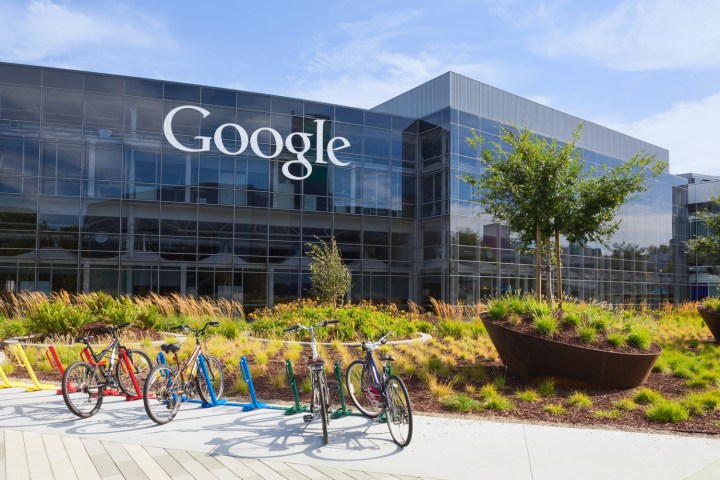
In a blog post announcement on Wednesday morning, Vincent Simonet, the head of Google France’s R&D Center noted that a number of Google services already employ machine learning “to make them simpler and more useful in everyday life,” including Smart Reply Inbox and Google Translate. And while Google has already “made great strides in terms of visual recognition,” Simonet writes, as you can currently search for a term in Google Images and be presented with pretty decent image results, Simonet notes “there is still much to do in this area.” And that would appear to be where Moodstocks comes into play.
On its own website, the French startup confirmed that, “Today, we’re thrilled to announce that we’ve reached an agreement to join forces with Google in order to deploy our work at scale. We expect the acquisition to be completed in the next few weeks. Our focus will be to build great image recognition tools within Google, but rest assured that current paying Moodstocks customers will be able to use it until the end of their subscription.”
Moodstocks also noted, “Ever since we started Moodstocks, our dream has been to give eyes to machines by turning cameras into smart sensors able to make sense of their surroundings. After introducing on-device image recognition in 2012, we’ve been working on extending our reach to object recognition for the past 2.5 years, using deep learning based approaches.” And it seems that the firm’s work will only continue under Google’s umbrella.
Moodstocks will likely advance Google’s rumored project on allowing Android users to search by way of photos, but no further details about the deal have since been released.
The acquisition is certainly a nod at France’s burgeoning position as a leader in AI and machine-learning projects, and there’s no telling what could be next in the pipeline for Google and its ever-developing technologies.
Editors' Recommendations
- The Asus ROG Ally just got a game-changing update
- Google’s AI just got ears
- This Google Pixel 8a leak just spoiled everything about the phone
- Qualcomm just made some bold claims about gaming on ARM PCs
- A new Google Pixel 8a leak just revealed three huge upgrades
